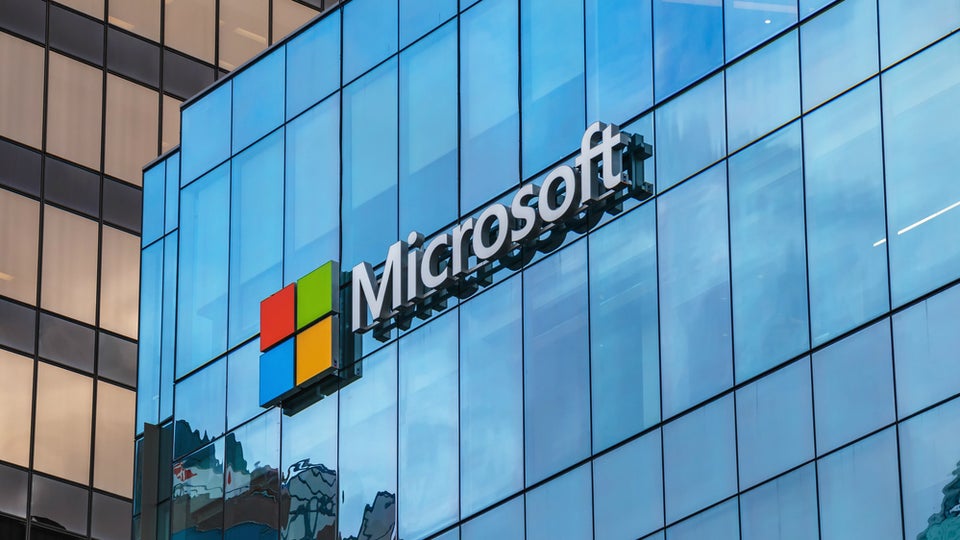Huawei laptops will probably still be supported by Intel and Microsoft

Is Microsoft going soft?
Tech giants Intel and Microsoft have hinted that they will continue supporting Huawei laptops, despite the Trump administration’s highly publicised trade ban.
The US government put Huawei on a trade blacklist last month, although the administration has granted the company a grace period which elapses in August, permitting US companies to continue trading with the firm for another three months.
Up until now, Microsoft has not disclosed whether it would or would not be continuing to support Huawei laptops. The silence was particularly disconcerting for the brand’s laptop owners, whose hardware, without Windows 10 updates, would be at a significant disadvantage. The recent hint comes after a recent U-turn from Microsoft, which announced it would stop selling Huawei laptops from its store, only to reverse the decision not long after.
READ NEXT: Huawei ban: Android Q update set to come to P30, P20 and more, despite ban
Speaking to PC World, Microsoft disclosed that, after reviewing the US Department of Commerce’s decision on Huawei, “we may continue to offer Microsoft software updates to customers with Huawei devices”. The company assured that “[w]e remain committed to providing exceptional customer experiences”.

While this doesn’t amount to a confirmation of continued support per se, it does hint heavily the direction that Microsoft will be taking: that Windows updates will still be available to Huawei laptops. Phew.
Meanwhile, Intel confirmed that it would continue to provide security updates and drivers to users running Intel chips. Turns out not everyone is adhering to the Trump administration’s staunch ban. Indeed, it looks like Microsoft and Intel will continue to patch Huawei laptops, meaning users can relax a little about the future of their premium devices.
We will update this story as and when we receive more information from Intel and Microsoft.
